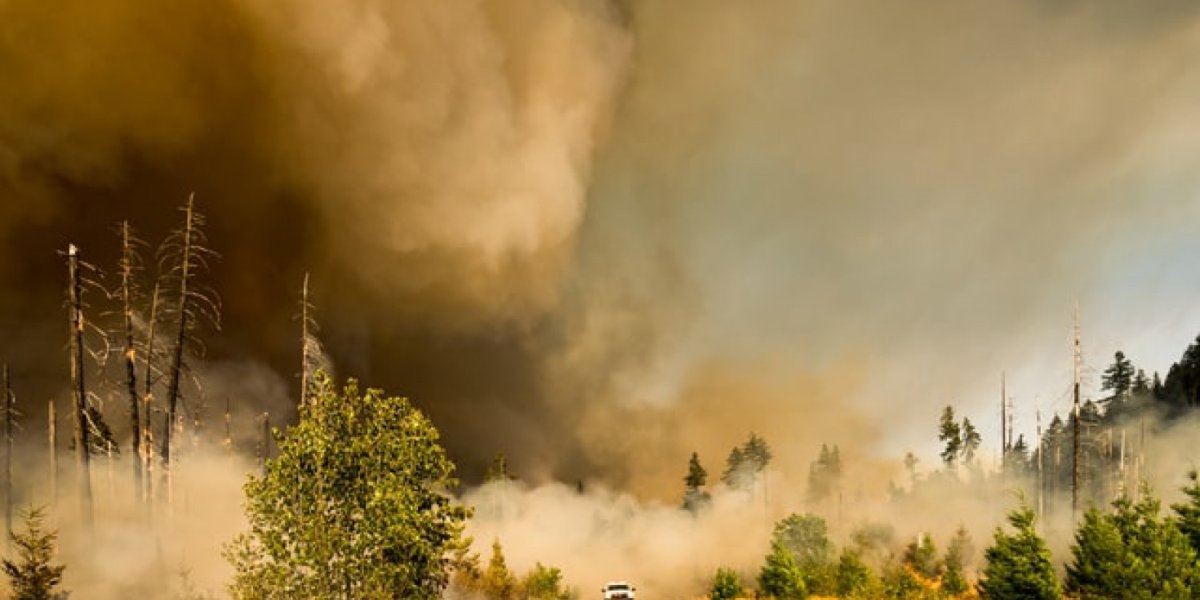ACRoBEAR – Arctic Community Resilience to Boreal Environmental change: Assessing Risks from fire and disease
How resilient are Arctic communities to boreal environmental change and risks from fire and disease?
Fireweather in the Arctic.
Project details
The Arctic has warmed rapidly over recent decades, at around twice the rate of global mean temperature increases, resulting in rapid changes to the high latitude Earth system. Changes in the high latitude terrestrial environment include observed increases in temperature extremes and precipitation patterns, which are leading to increasing trends in boreal wildfire and changes in the distribution of disease-carrying vectors, with evidence for emerging interactions between these changing risks. Recent years (including 2019) have seen unprecedented fire activity at Arctic latitudes, leading to unhealthy air quality in high latitude towns and cities. Vector-borne disease occurrence in these regions is also changing in response to rapid changes in temperature and moisture. Moreover, fire activity is intrinsically linked to changes in vector-borne disease risk through changing the habitat conditions for vectors and their hosts. Environmental, social, and governance factors specific to high latitudes hamper our current ability to understand community resilience and response to these changing risks.
The "Arctic Community Resilience to Boreal Environmental change: Assessing Risks from fire and disease" (ACRoBEAR) project will tackle these urgent issues in the most rapidly warming region of the planet. The goal of the project is to predict and understand health risks from wildfire air pollution and natural-focal disease at high latitudes, under rapid Arctic climate change, and resilience and adaptability of communities across the region to these risks.
ACRoBEAR is a project under the Belmont Forum and brings together a diverse, international, interdisciplinary team of world-leading research groups and collaborators from the UK, Sweden, Norway, Finland, Russia, France and the USA.
